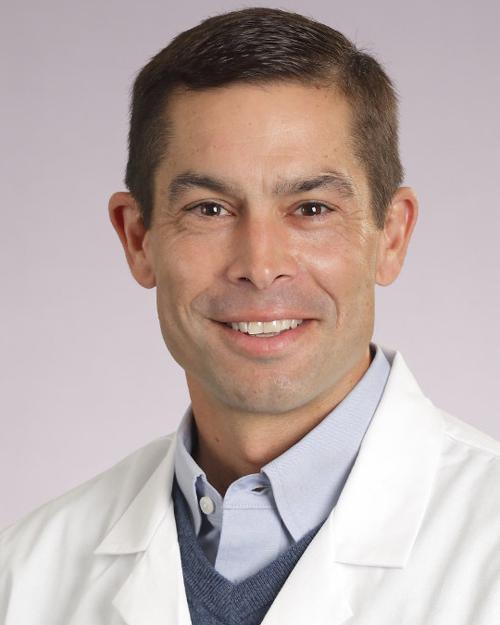
BENIGN SYNCOPE (fainting) is a common occurrence in adolescents and older children. It is a brief and sudden loss of consciousness and postural tone with spontaneous recovery. Causes include dehydration or dysfunction of the autonomic nervous system, such as vasovagal syncope, also known as neurocardiogenic or reflex syncope, leading to transient loss of adequate cerebral perfusion. It often is preceded by symptoms of dizziness, lightheadedness, sweating, nausea, and/or vision changes in response to standing for prolonged periods, sudden position changes, a noxious stimulus (such as a blood draw) or straining.
Syncope, though generally benign, can be a symptom of a serious and life-threatening heart disorder. Therefore, it is important to get a thorough and careful personal medical and family history and do a complete physical exam. As noted below, cardiology referral is indicated for children with historical and physical exam findings or concerning family history of congenital heart disease, heritable arrhythmia or cardiomyopathy. In cases of benign syncope, almost all can be treated with proper guidance and education.
Guidelines for managing syncope in children
Key aspects of history-taking:
- Description of the syncopal event
- Associated symptoms
- Time of day
- Hydration and fasting states
- Position
- Relationship to exercise
- Menstrual history/pregnancy
- Medication history, including potential for recreational drug use
When to refer to pediatric cardiology:
- Syncope in a child age 8 or younger
- Syncope that occurs during exertion
- Syncope that occurs as a result of a sudden startle by a loud noise or stressor
- Syncope that is not preceded by prodromal symptoms
- Concerning cardiac family history in first- and second-degree relatives
- Unexplained sudden death
- Arrhythmias or cardiac conduction disturbances (such as long QT syndrome, Brugada syndrome, catecholaminergic polymorphic ventricular tachycardia)
- Cardiomyopathy
- Congenital heart disease

